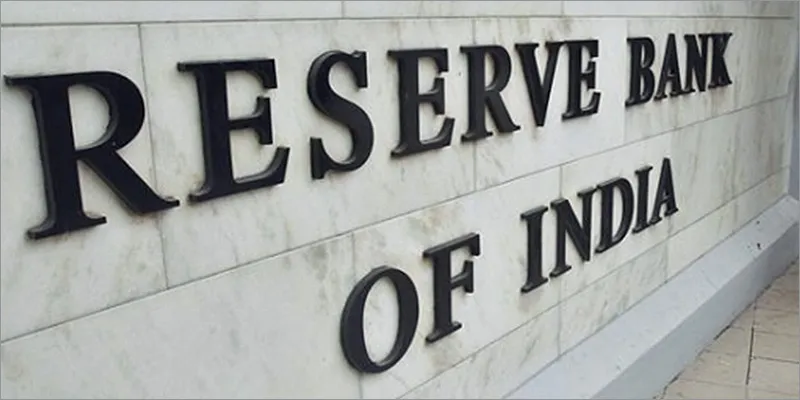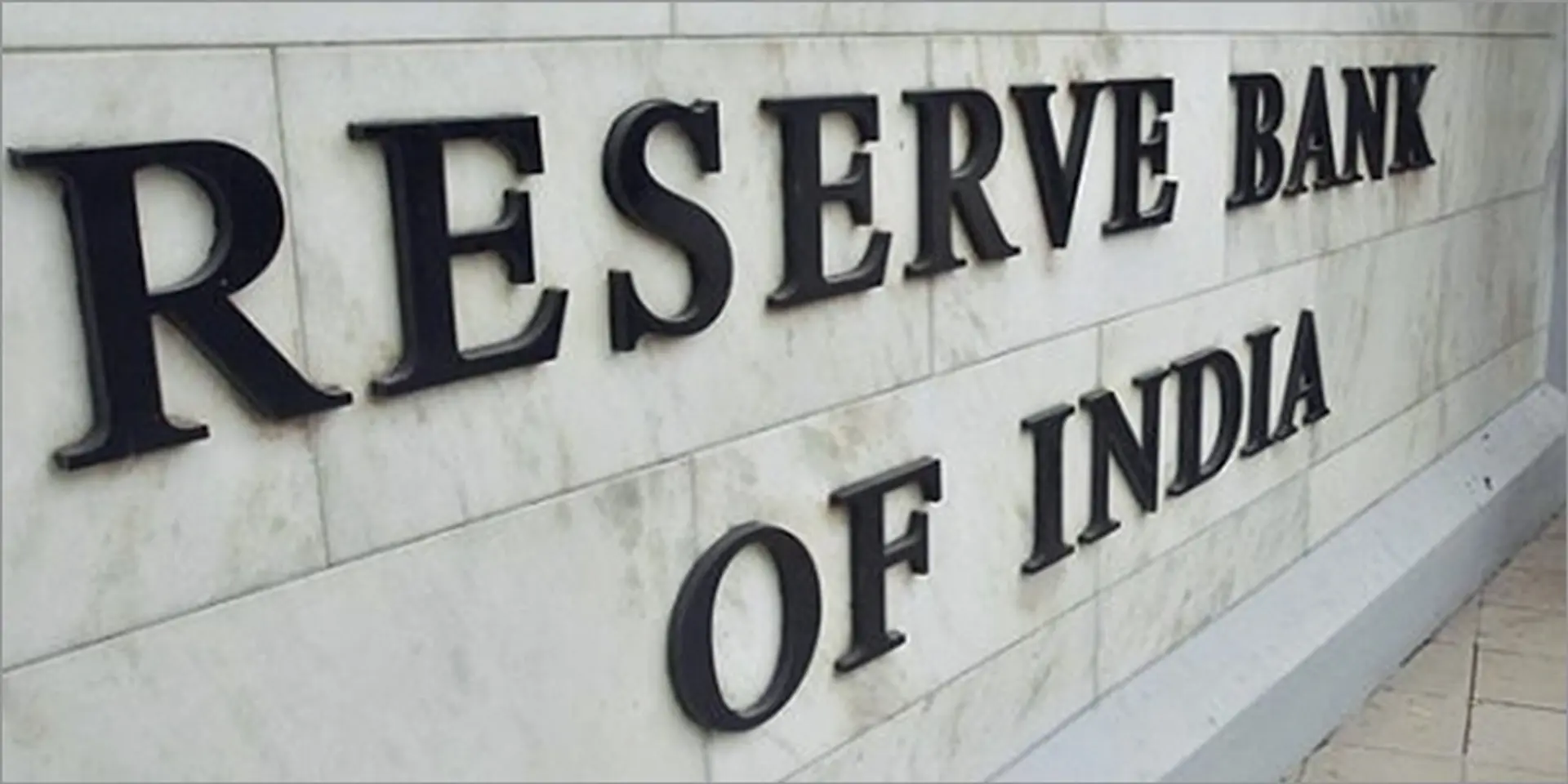RBI approves payments bank license to Airtel, Paytm, Vodafone, and 8 others
The Reserve Bank on Wednesday granted 'in-principle' approval to 11 entities, including Reliance Industries, Aditya Birla Nuvo, Paytm, Vodafone, and Airtel, to set up payments banks and proposed such licences 'on tap' in future.

The other entities which have been given 'in-principle' approval are Department of Posts, Cholamandalam Distribution Services, Tech Mahindra, National Securities Depository Limited (NSDL), Fino PayTech, and Sun Pharma's Dilip Shantilal Shanghvi.
"The 'in-principle' approval granted will be valid for a period of 18 months, during which time the applicants have to comply with the requirements under the guidelines and fulfil the other conditions as may be stipulated by the Reserve Bank," RBI said in a statement.
In a statement sent to YourStory, Airtel said,
We thank the Reserve Bank of India for granting the Payments Bank license to Airtel M Commerce Services Limited. We are confident that this move will play a pivotal role in bringing millions of unbanked Indians into the folds of banking. We look forward to contributing in a meaningful way and further the government’s larger financial inclusion agenda.
Payments banks differ from conventional banks as they are not allowed to lend to customers or issue credit cards. They can, however, accept deposits of up to Rs 100K and can offer current and savings account deposits. They can also issue debit cards and offer internet banking.
Importantly, payment banks allow mobile firms, supermarket chains, and others to cater to individuals and small businesses. Following the approval, the Payments Bank will be set up as a differentiated bank and will confine its activities to acceptance of demand deposits, remittance services, Internet banking, and other specified services.
In 2013, RBI had outlined a need for niche banking in the country and announced that a structure will be put in place to allow differentiated banks serving niche interests, local area banks, and payment banks etc. to meet credit and remittance needs of small businesses, low-income households, farmers and migrant workforce.
Vijay Shekhar Sharma, Founder and CEO, Paytm said,
This is indeed a great moment for us. We have managed to significantly reduce the cash usage in the economy. With this nod from the RBI, we will be able to further drive our overall commitment to financial inclusion for the unbanked segment, modernize payment systems and build more trust for our services.
Currently, the Alibaba-funded company has over 100 million wallet users, which is double of Visa and Maestro penetration together.
The Reserve Bank received 41 applications for payments banks, of which 11 have been granted an in-principle nod. Mobikwik, Oxigen, Citrus, and Novopay Itz Cash Card also applied for the licence but failed to get approval.
Going forward, RBI said the central bank would use the learning from this licencing round to appropriately revise the guidelines and move to give licences more regularly, virtually "on tap". It essentially means the nodal agency is planning to make licensing smooth and immediately available to applicants in times to come.
The other strong contenders (out of 30) are expected to get green signal once RBI initiate ‘on top’ facility.
YourStory’s take
This is a historic day for 11 companies who earned Payment Bank License from RBI, and the common citizens also. Currently, most Indians are unbanked and participation from private parties can boost the financial inclusion on ground level. As of now our banking system and structure are largely traditional, however with this step and RBI promise to roll out ‘on tap’ feature, we will usher towards multi-formant banking system.
For cellular majors Airtel and Vodafone, the licensing will help them to make inroads in rural areas and play a bigger role in overall financial inclusion campaign promoted by the government of India. RBI’s approval will bring new avenue for business and build stronger trust with a larger consumer base.







